Tense, claustrophobic, gripping, thrilling, realistic: just some of the adjectives no one is using to describe BBC1’s Sunday night submarine drama Vigil. Were one of Britain’s four Vanguard nuclear subs to launch retaliatory strikes on Broadcasting House and the show’s producer World Productions, I think it would be entirely reasonable and proportionate. It’s so amateurish and implausible it makes even the dreadful Sky One remake of Das Boot look classy by comparison.
Which is a shame because its screenwriter, Tom Edge, has done some good stuff in the past. Besides writing for The Crown and on the likeable J.K. Rowling detective series Strike, Edge created and wrote three series of the funny, charming comedy Lovesick (original title Scrotal Recall), starring Johnny Flynn. You can still probably find it on Netflix and it’s a far more rewarding use of your time than Vigil.
What happened, I’m guessing, is what happens to so many talented writers when they get sucked into the primetime TV drama sausage machine. Out goes the quirkiness, the originality, the wit; in comes the hackneyed dialogue, the implausible plotting and the box-ticking.
It’s supposed to be a nuclear sub yet mysteriously it runs on diesel; its captain and crew are so incompetent that when the sub surfaces it nearly gets decapitated by a giant oil tanker that its electronic equipment has failed to notice. If the skipper hadn’t spotted it with his periscope, causing them to dive dive dive just in the nick of time, it would have been curtains. Given that we know how tough the ‘perisher’ course is, and we know how much submarine design has come on since the era of Das Boot, how is any of this remotely likely?
Apparently — so various navy types have complained — the uniforms are wrong; the ceilings are too high and the sub generally far too spacious; the security at the RN base in Scotland is impossibly lax; there’s no way a sub commander would call his XO (Executive Officer; 2ic) a ‘prick’ in front of his crew, nor would a shore-based rear admiral act quite so pompously and high-handedly towards either police or civilians. Not only is the viewer being insulted with this shoddy, ill-researched lack of verisimilitude. But so too is the Senior Service, which comes across as arrogant, devious, amateurish.
Police Scotland, on the other hand, are just amazing. Wise, capable, brave, dogged, principled, and definitely not devoting all their resources to harassing people who’ve written hurty things on social media, they’re just the institution to investigate a mysterious death aboard a nuclear sub. That’s why their top detective DCI Amy Silva (Suranne Jones) — despite being an Englishwoman in Glasgow she doesn’t experience a hint of racism; nobody does in this fantasy Scotland where even SNP politicians are upstanding and decent — is just the person to be winched aboard to investigate.
Why this is necessary, given that the navy has its own police investigations department, is never explained. Nor are we told how a civilian DCI has jurisdiction aboard a naval vessel in the Atlantic. But presumably this is all far less important than the need to shoehorn in various key button-pressing themes: female sensitivity, intelligence and independence almost (but not quite) crushed by hidebound male tradition; mental health; lesbianism.
Yes, despite being basically hetero, DCI Silva is currently having an affair with her Detective Constable (Rose Leslie), presumably having been attracted by the memory of seeing her on TV looking sexy in furs, killing white walkers, and saying: ‘You know nothing, Jon Snow.’ This is while she’s getting over the death of her fiancé who drove their car, herself, and her future stepdaughter into a lake, for which she blames herself because she distracted him at the wrong moment.
As a result of this incident (or maybe she still hasn’t recovered from being similarly put upon in the all-men-are-rapists-especially-white-middle-class-ones Dr Foster), Suranne spends every scene looking troubled, grim or haunted. In fact, everyone is miserable throughout. There are no jokes. Hardly anyone is even halfway likeable. The artificial, strained, implausible plot twists and turns come and go, giving the Sunday night BBC TV audience their fix of ersatz tension and brainwashing. Someone depth charge HMS Vigil now and put us all out of our misery.
Got something to add? Join the discussion and comment below.
Get 10 issues for just $10
Subscribe to The Spectator Australia today for the next 10 magazine issues, plus full online access, for just $10.
You might disagree with half of it, but you’ll enjoy reading all of it. Try your first month for free, then just $2 a week for the remainder of your first year.


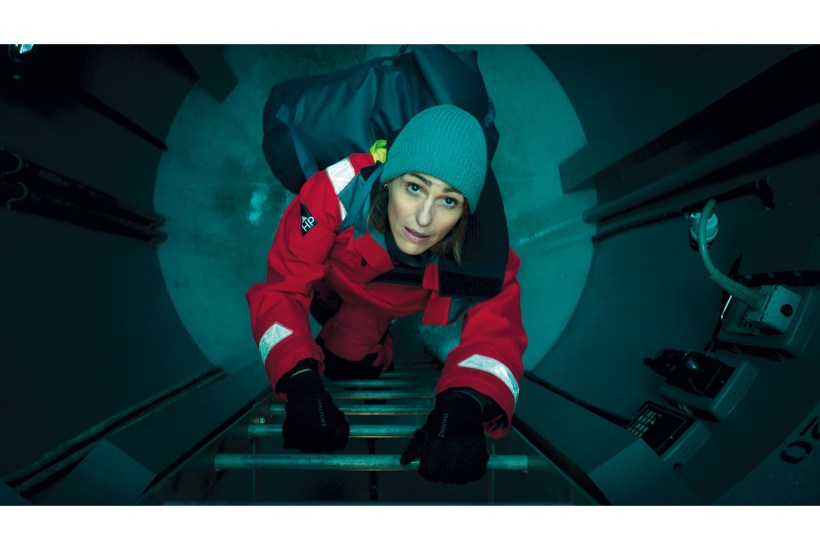
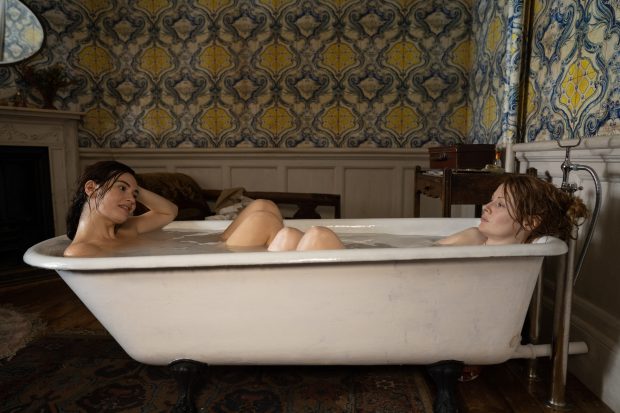
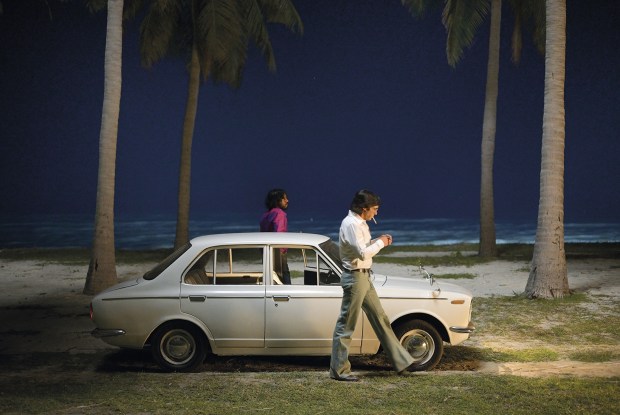
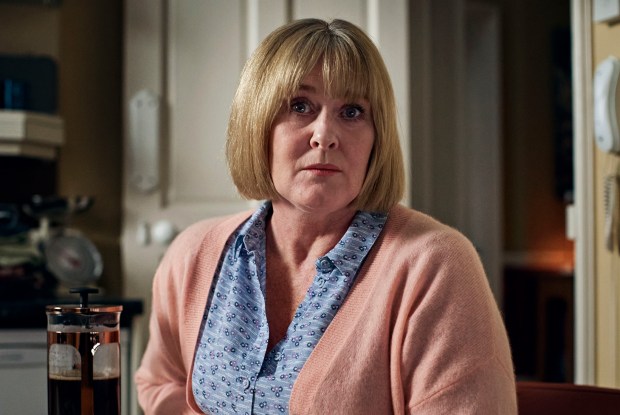
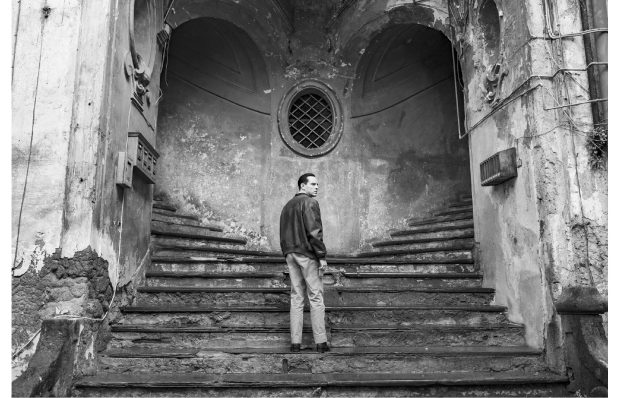








Comments
Don't miss out
Join the conversation with other Spectator Australia readers. Subscribe to leave a comment.
SUBSCRIBEAlready a subscriber? Log in